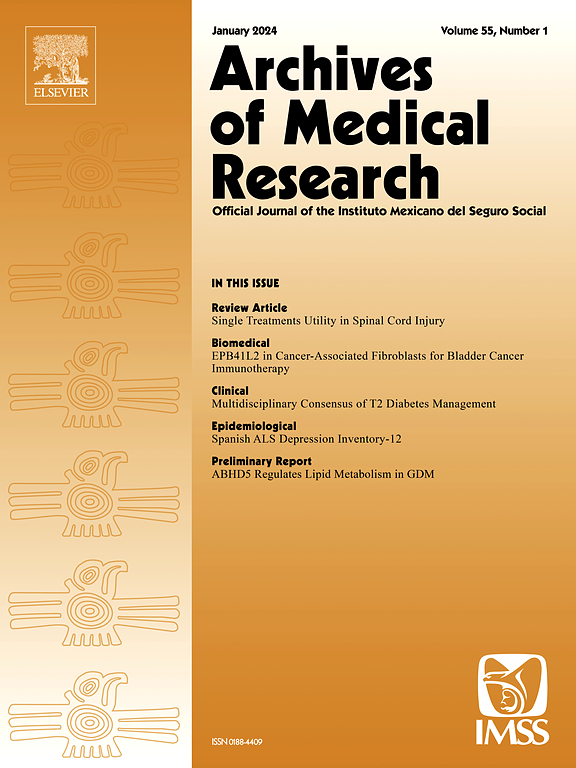Polygenic Risk Scores for Breast Cancer: Modern Approaches to Risk Prediction and Subtype Identification
IF 3.4
3区 医学
Q1 MEDICINE, RESEARCH & EXPERIMENTAL
引用次数: 0
Abstract
Breast cancer (BC), a complex disease characterized by the uncontrolled proliferation of breast cells, poses a major global health challenge. Its increasing prevalence is influenced by a combination of genetic, environmental, and lifestyle factors. While hereditary mutations in high-risk genes contribute to only a small percentage of cases, the majority may be influenced by common genetic variations that collectively determine individual susceptibility. The polygenic risk score (PRS) has emerged as a transformative tool that leverages the cumulative effects of multiple genetic variants to improve risk prediction beyond traditional single-gene models. When integrated with conventional risk factors, such as age, reproductive history, and modifiable lifestyle behaviors, PRS offers a more comprehensive approach to personalized risk assessment. Recent studies highlight its potential to guide targeted screening strategies, early interventions, and precision prevention efforts. This review provides insight into current PRS research and its clinical applications in BC risk stratification. It also explores the promise of PRS in shaping the future of precision oncology.
乳腺癌的多基因风险评分:风险预测和亚型识别的现代方法。
乳腺癌是一种以乳腺细胞不受控制的增殖为特征的复杂疾病,对全球健康构成重大挑战。其日益普遍的流行受到遗传、环境和生活方式等因素的综合影响。虽然高危基因的遗传突变只导致一小部分病例,但大多数病例可能受到共同遗传变异的影响,这些变异共同决定了个体的易感性。多基因风险评分(PRS)已经成为一种变革性的工具,它利用多基因变异的累积效应来改进传统单基因模型之外的风险预测。当与传统的风险因素(如年龄、生育史和可改变的生活方式行为)相结合时,PRS提供了一种更全面的个性化风险评估方法。最近的研究强调了它在指导有针对性的筛查策略、早期干预和精确预防工作方面的潜力。本文综述了目前的PRS研究及其在BC危险分层中的临床应用。它还探讨了PRS在塑造精准肿瘤学未来方面的前景。
本文章由计算机程序翻译,如有差异,请以英文原文为准。
求助全文
约1分钟内获得全文
求助全文
来源期刊

Archives of Medical Research
医学-医学:研究与实验
CiteScore
12.50
自引率
0.00%
发文量
84
审稿时长
28 days
期刊介绍:
Archives of Medical Research serves as a platform for publishing original peer-reviewed medical research, aiming to bridge gaps created by medical specialization. The journal covers three main categories - biomedical, clinical, and epidemiological contributions, along with review articles and preliminary communications. With an international scope, it presents the study of diseases from diverse perspectives, offering the medical community original investigations ranging from molecular biology to clinical epidemiology in a single publication.
 求助内容:
求助内容: 应助结果提醒方式:
应助结果提醒方式:


